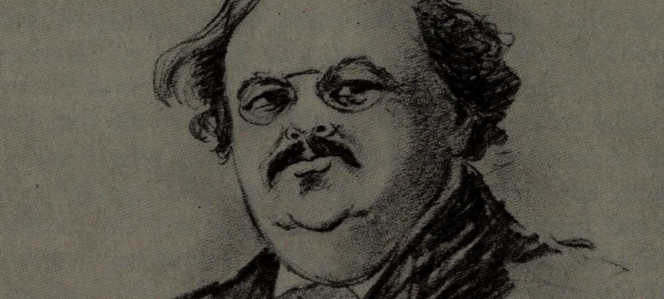Fun post by Brandon Vogt over at the Word on Fire blog. Brandon is, along with Dale Ahlquist, a driving force behind the 38th Annual Chesterton Conference, and…
(C)onference organizers were surprised to see a new registration come through for one “Thomas Collins” living in Toronto, Canada. The name sounded familiar. But, wait, it couldn’t be, right? It couldn’t be Cardinal Thomas Collins, the Archbishop of Toronto, could it?
Well, organizers reached out through the email provided and sure enough, it was the Cardinal himself! He said he had long wanted to attend one of the annual Chesterton conferences, but until now had been blocked by other commitments. Yet with a free weekend in early August, he decided to sign up! So he went to the website and registered.
Brandon asked Cardinal Collins for an interview about Chesterton’s influence on his life and ministry. Some good stuff here:
VOGT: Among Chesterton’s many ideas, which have most shaped your life?
CARDINAL COLLINS: Chesterton is just so sensible, and I have been really influenced by his perceptive revelation of the shallowness of the modern world, so full of illusion.
What he wrote about government and big business destroying the family is as relevant today as when he wrote it.
I have valued greatly his sense of wonder at the world around us, and the beauty of things, simple tangible things.
I appreciate his idea that we need to be attentive to what is local.
In terms of how to communicate, I love the way in which he is both clear and charitable, and how he communicates serious ideas in a humorous way. But clarity and charity are fundamental.
And:
VOGT: Has Chesterton shaped your priesthood or episcopacy in specific ways?
CARDINAL COLLINS: The Father Brown stories certainly have influenced my vision of the priesthood—and Chesterton wasn’t a Catholic when he wrote some of the best of those stories. It’s interesting (and I think Chesterton would have appreciated the irony, if not paradox) that some of the best literature on the Catholic priesthood is by non-Catholics, such as Willa Cather and Taylor Caldwell.
As a priest and especially a bishop, I have marveled at how he communicated the faith boldly and effectively to the secular world, and always with charity and wit. In some ways he is like an episcopal hero of mine, St. Francis de Sales.
Chesterton is also very plain and direct, and that is how bishops must be: no bafflegab, no obscure subtleties. He is profound, but he doesn’t have a lot of layers, and that is good. What you see is what you get.
Readers of these pages are well aware of our fondness for Cardinal Collins, who has been a huge supporter of The Faith Explained Institute, and speaks at our conferences whenever possible. I just love the fact he was going to take in a Chesterton conference (and probably looking forward to going simply as an attendee). Knowing how generous he is with his time and talents, I’m not at all surprised that once word got out, he agreed to speak and celebrate Mass while there.



 My family and I had just spent a great day on Toronto’s Centre Island last week. We had just stepped off the boat that had taken us back to the harbourfront downtown, when we were confronted by about 2,000 Pokemon Go players, standing around in their virtual world, trying to catch a few more pocket monsters. Most of them were oblivious to the actual people trying to get by them and get home.
My family and I had just spent a great day on Toronto’s Centre Island last week. We had just stepped off the boat that had taken us back to the harbourfront downtown, when we were confronted by about 2,000 Pokemon Go players, standing around in their virtual world, trying to catch a few more pocket monsters. Most of them were oblivious to the actual people trying to get by them and get home.